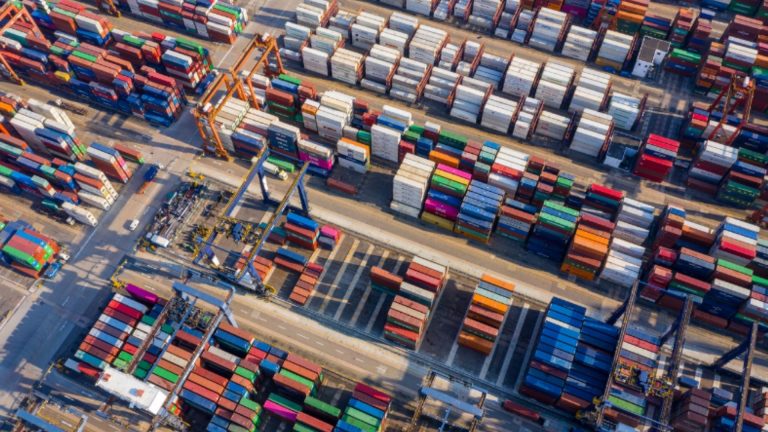
Supply Chain Issues During Covid-19
During the first wave of the Covid-19 pandemic lockdowns, travel restrictions, and shelter-in-place orders disrupted the world’s supply chain. With ports locked down, warehouses bare, and airlines taking huge casualties to their workforce, the world watched as household items and foods vanished almost overnight. Now, almost two years later we can still look back and say that nobody could have predicted just how much of a lasting effect this pandemic has had on the way we do business.
Many people are now left wondering what this new landscape will mean for their business. We hope to clear up some of your questions about the steps we’ve made to shore up our supply-chains and further evolve to face whatever challenges the future may bring.
Rapid Transition
With what some are calling the ‘worst of the pandemic’ winding down businesses are experiencing an era of growth they cannot keep up with. Entire sections of industries decreased dramatically during the lockdowns. While the travel and hospitality sectors reported some of the highest losses in revenue as well as a shortage of workers willing to risk covid exposure. Now that these businesses are back open, most are struggling to keep up with the sudden demand for popular items as well as the idea that things should, ‘go back to normal’. While at the start of the pandemic most retail sectors were struggling to liquidate millions of dollars worth of unsold goods, retail stores are now faced with the inability to keep their inventories fully back to pre-pandemic levels. This has caused a worldwide shift that is likely to affect supply chains for years.
Demand
The toilet-paper shortage during the early days of the lockdown orders provides interesting insight into how the virus has continued to cause supply chain issues throughout the world. During that time, suppliers experienced a 40% increase for their products while the workforce behind the manufacturing of these products slowed to a standstill. Stocking toilet paper is bulky, and the demand for it is usually stable, which led retailers to only keep a few weeks worth in their inventory. Other sectors, such as frozen foods, saw sales rise as high as 46% due to the lockdown guidelines. Now, with plants running at almost 100% capacity retailers are dealing with a new problem that looms on the horizon.
Increasing Costs
According to Bloomberg, pallet prices have risen by roughly 200% of their pre-pandemic costs. For sectors such as refrigerated trucking, and commodity distribution warehouses, this means the cost of their labor, and your goods, is likely to rise. That’s not the only thing that looms on the horizon for businesses operating in California. On January 1st, 2022 the minimum wage was lifted to $15 an hour. While this has been a major milestone for labor advocates and activists, California’s businesses have to adopt new standards and strategies in order to adapt to the changing climate.
Sustainability
It would be safe to assume that companies hit the hardest from Covid-19 put their efforts towards sustainability on hold during the pandemic in order to ‘weather the storm’. Our findings have actually shown that companies are even more focused and concerned with their environmental or sustainable goals and impact. With an increased demand for sustainability from customers our business is committed to lowering our impact on the environment while providing you with everyday supply chain solutions. However, many analysts fear people will see supply chain issues from covid for years to come.
Centrally Located Cold Storage Solutions
If you’re in need of frozen storage solutions in Dallas, look no further! Our facility is strategically located in close proximity to one of the largest airports in Texas, making it an ideal hub for frozen supply chain requirements. Whether you’re a small business owner or large-scale manufacturer, our innovative logistics solutions are tailored to help successfully run your business.
Our cold warehouse in Dallas offers a range of services related to the handling and storage, as well as transportation of perishable foods and products.
We Provide The Following Handling Needs:
- Palletizing
- Re-Weighting
- Re-gelling
- Re-packaging
- Dry Storage
- Cold Storage space
- Cross-docking
- Quality Report Inspections
- Party logistics


